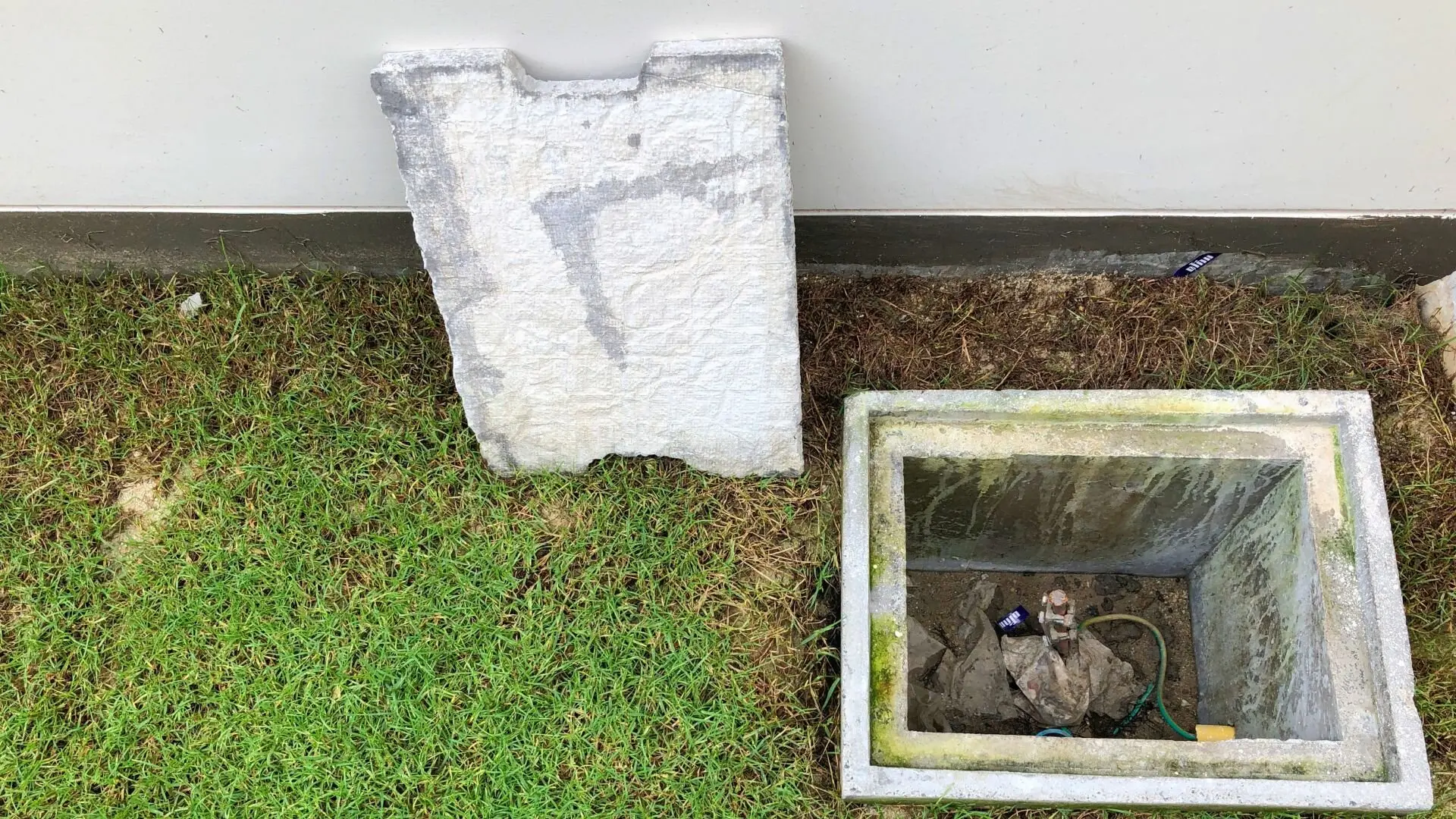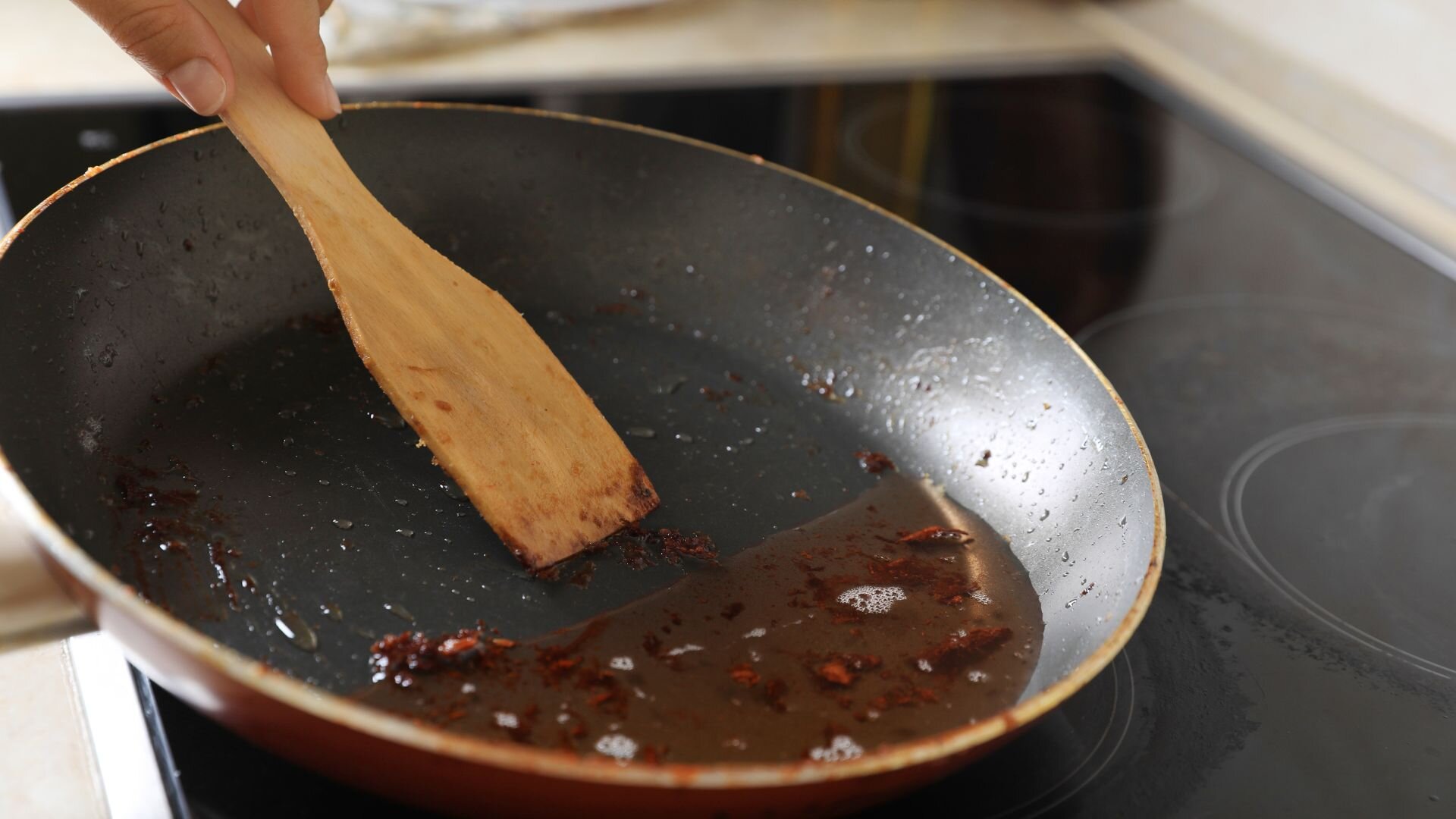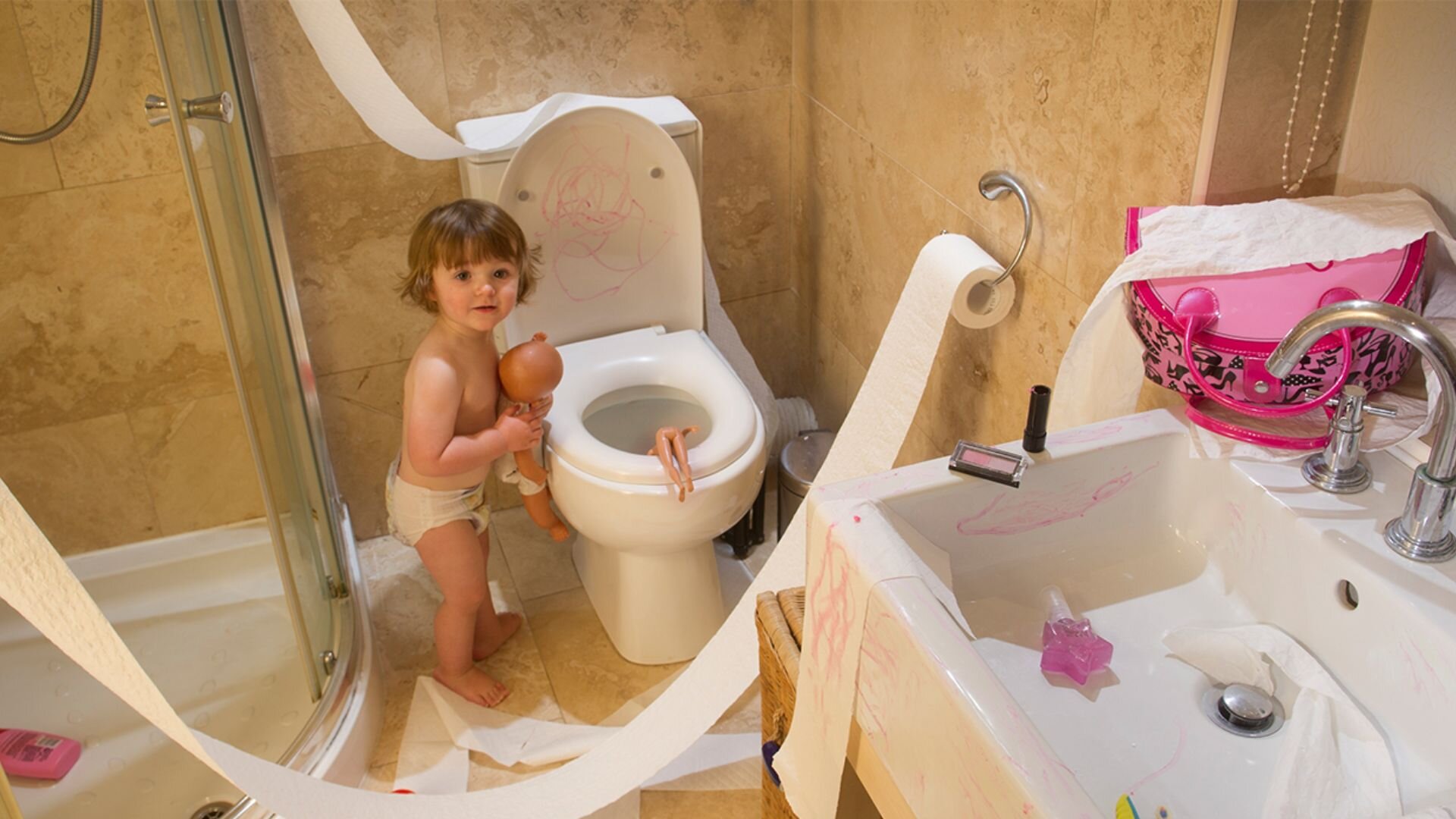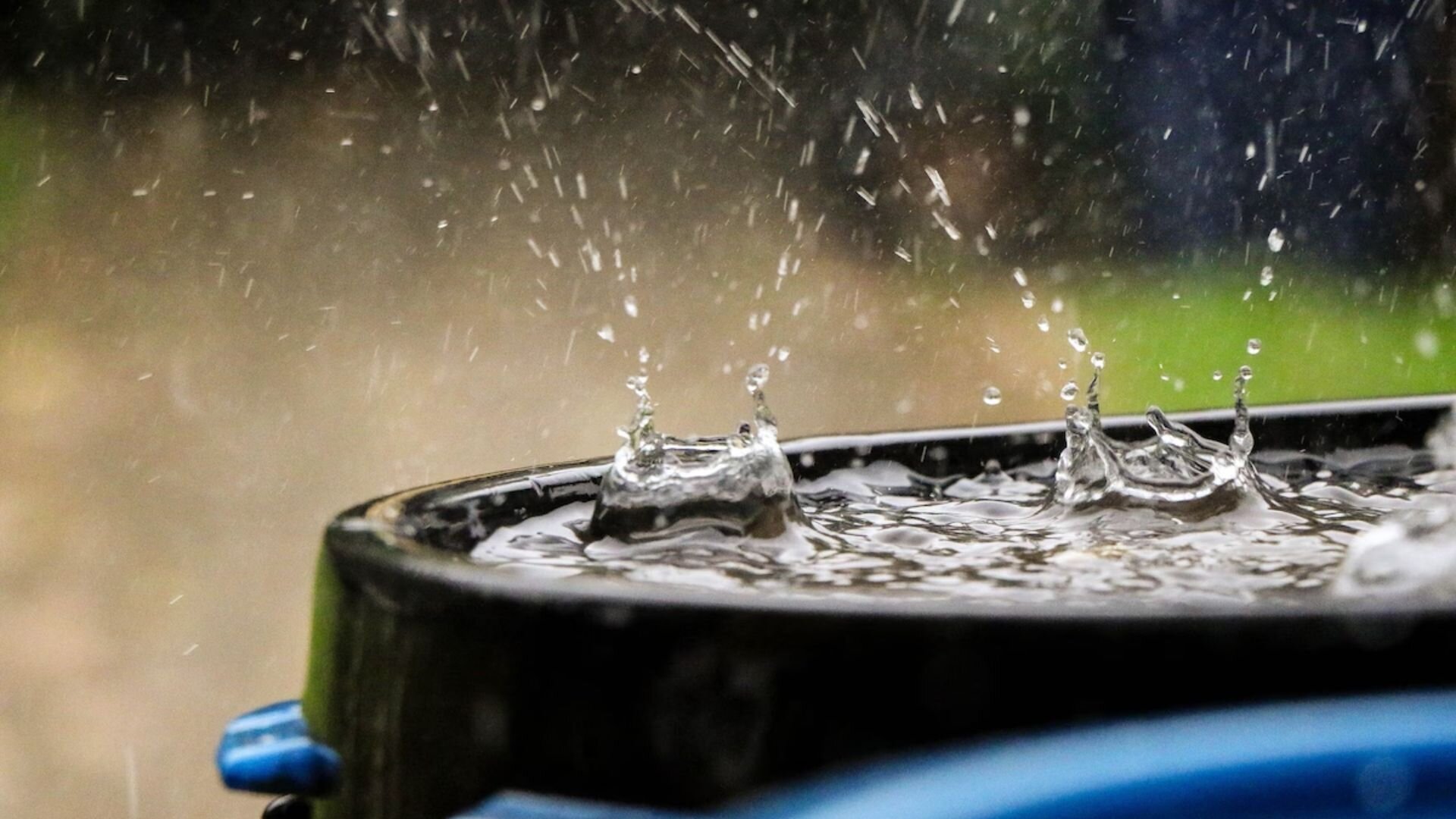You push yourself back from the table, satisfied after a fantastic meal. The dishes create a small mountain in the sink, and the pan you used holds the remnants of your culinary triumph ? a layer of grease that seems to mock you with its shimmer.
Your first instinct might be to grab that pan and pour the grease down the drain. It?s a common solution, a quick way to deal with the mess. But hold on! While it seems convenient, pouring grease down the drain can wreak havoc on your plumbing and the environment.
That leftover grease can harden in your pipes, causing irritating clogs and expensive repairs. Even nastier, it may help form "fatbergs" ? those massive lumps of grease and other gunk that block sewer lines and cause overflows.
This blog is here to debunk the myth that grease belongs down the drain. We?ll show you safe and easy ways to dispose of it, keeping your pipes clear and our environment healthy.
The Hidden Threat: Grease in Your Drains
Though grease may disappear down the drain initially, it poses a sneaky threat.
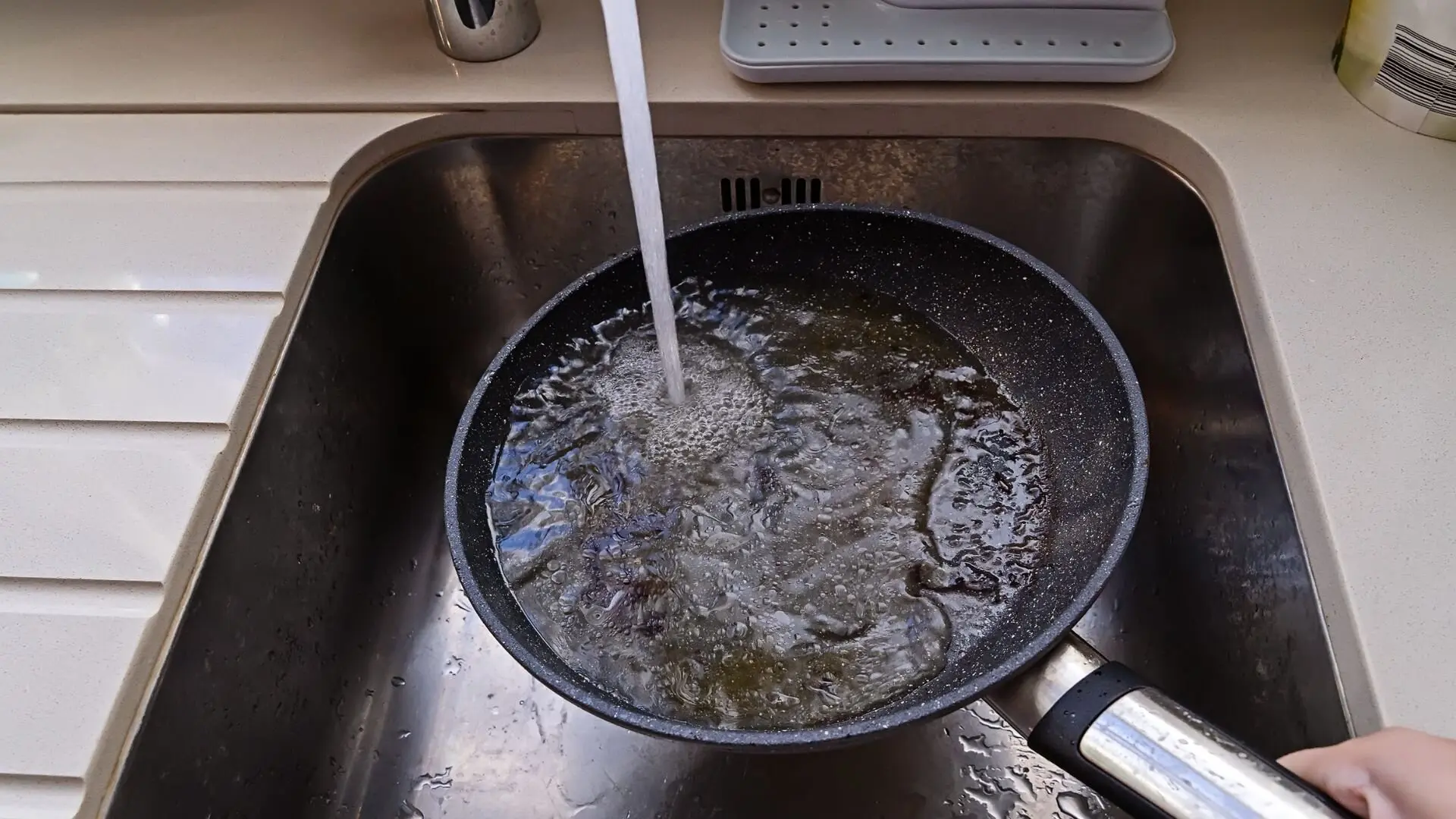
From Liquid to Lumps: How Grease Clogs Pipes
When grease moves through pipes, it cools off and sticks like glue to the walls. Over time, this builds up layer by layer, leading first to slow drainage and then often a full blockage.
The Monstrous Menace: The Rise of Fatbergs
These blockages can morph into monstrous entities called fatbergs. Imagine a giant, disgusting log made of the grossest things you wouldn?t want in your pipes ? solidified grease, food scraps, and other debris clumped together in sewer systems. That?s a fatberg.
Environmental Nightmare: The Impact of Fatbergs
Fatbergs can seriously harm the environment. They block up pipes, which can cause overflows, letting raw sewage spill into streets and waterways. This not only harms wildlife and dirties water but also raises health concerns.
While specific data on fatbergs in Australian cities is hard to come by, news reports show they often happen in major cities, suggesting it?s a common issue.
Consequences of Blocked Drains
Turn on the faucet, and instead of a satisfying whoosh down the drain, water circles the opening sluggishly. This isn?t science fiction; it?s the inconvenient reality of a blocked drain.
The problems don?t stop there. Blocked pipes often unleash a foul odour, a constant reminder that nasty substances are festering within. If left unaddressed, the situation can escalate quickly. Overflowing drains turn your sink or bathtub into a geyser of wastewater, spewing a contaminated mess everywhere.
Beyond the mess, blocked drains can cause serious damage. Grease, a common culprit, hardens over time, causing more than just slow drainage. This buildup corrodes pipes, leading to leaks that silently wreak havoc behind your walls. The worst-case scenario? A burst pipe spewing gallons of water and potentially causing structural damage to your home.
The cost of this nightmare can be significant. Professional drain cleaning isn?t cheap, and repairs for corroded pipes or structural damage can easily escalate into a major financial burden.
Don?t wait for the plumbing nightmare to strike. Address slow drainage or foul odours promptly to avoid a costly and unpleasant disaster.
Responsible Grease Disposal
Don?t let old grease jam up your pipes or harm the earth! Here?s the smart way to get rid of it:
- Cool It Down: Leave your grease to cool fully in a metal tin or heat-proof pan. Hot grease shouldn?t go down the drain!
- Scrape and Toss: Once it?s solidified, scoop it into your rubbish bin. Keep the container clean.
- Wipe It Up: Use paper towels for any leftover grease. Toss them with your normal rubbish.
- Big Batch? Have a lot of grease? Mix it with kitty litter or sawdust to absorb it, then throw it away once it clumps.
- Recycle Right (if available): Some areas recycle used oil. Check your local waste service if this is possible where you are.
Maintaining Healthy Drains
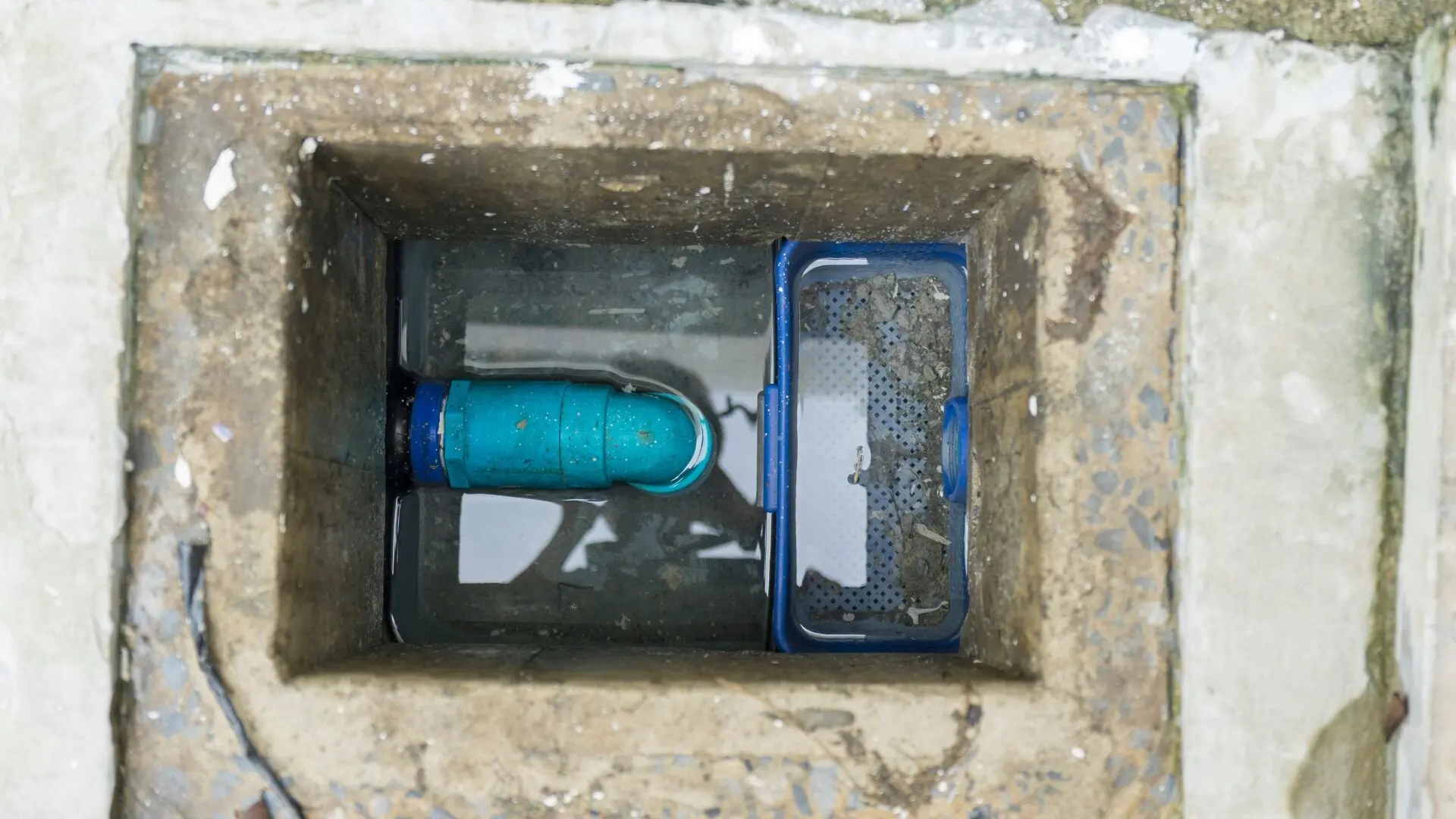
Keeping drains in top shape means a little prevention goes a long way. Treat your sink and shower like royalty ? only let waste and water go down. Anything else doesn?t belong.
If you?re battling grease or stray coffee grounds, fitting drain traps is wise ? they?ll stop clogs before they start. Get regular checkups too, maybe a professional drain cleaning now and then, to keep things running smoothly.
Dispose of Grease Responsibly and Avoid Plumbing Problems
Ignoring the call of convenience can save you a major headache (and expense) down the line. Grease solidifies in your pipes, leading to clogs that can slow drainage or completely block your system. These clogs can be difficult and messy to remove yourself, and neglecting them can cause damage to your pipes.
For a quick and professional solution to grease blockages, contact Fixed Today. Our licensed plumbers are experts at drain cleaning and use state-of-the-art equipment to remove grease buildup safely and efficiently. Don?t wait until a minor inconvenience turns into a major plumbing disaster ? call Fixed Today!
Grease Down the Drain? FAQs
Why shouldn?t I pour grease down the drain?
Grease solidifies in cooler pipes, leading to clogs that can slow drainage or completely block your system. These clogs are messy and expensive to remove. Grease can also contribute to "fatbergs" in municipal sewer systems, causing overflows and environmental issues.
I always run hot water after pouring grease down the drain. Isn?t that okay?
No, unfortunately, running hot water isn?t enough. Grease cools and hardens quickly, even in hot pipes. The build-up happens gradually, causing issues over time.
What?s the proper way to dispose of grease?
Let grease cool completely. Scrape it into a container that can be thrown away with your trash. You can also solidify it with absorbent material like paper towels before disposal.
Are there any safe ways to pour grease down the drain?
No, there?s no safe way. Even small amounts of grease can contribute to clogs.
What if I already have a grease clog?
For minor clogs, a plunger or commercial drain cleaner might help. For stubborn clogs, call a plumber to avoid damaging your pipes.

